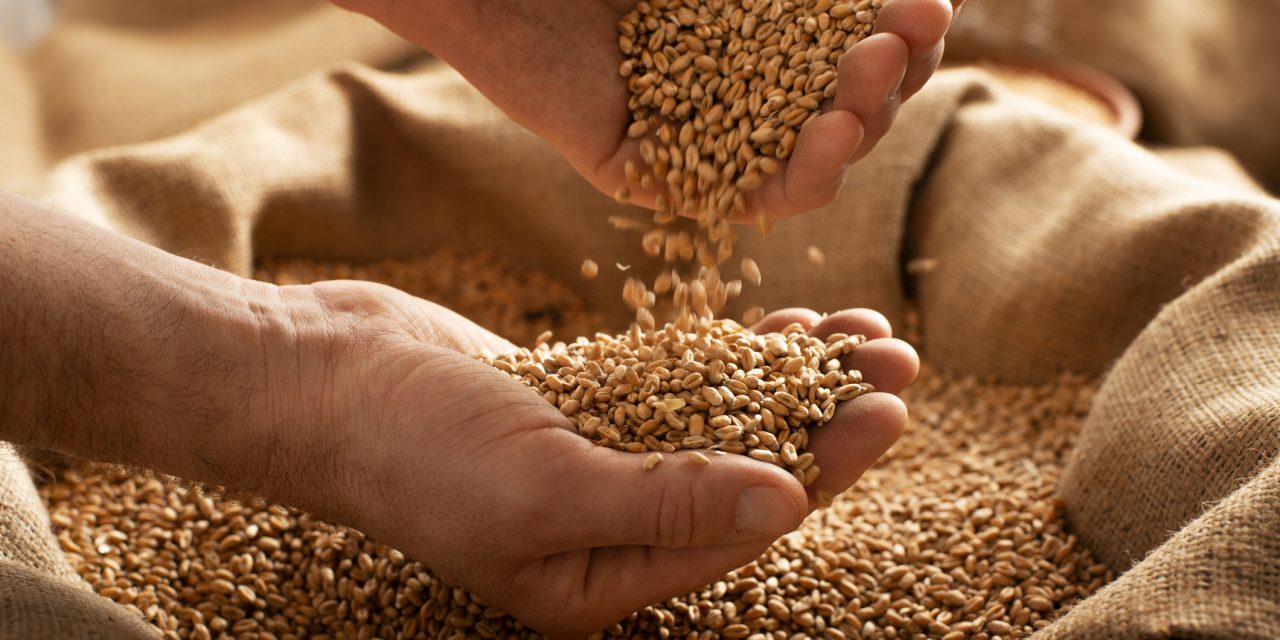It’s easy to get overwhelmed by the hectic nature of our everyday lives. Toting kids to and from school, activities at all hours, putting in a solid day’s work and getting meals on the table often means that from the moment your eyes open to the time they close, it’s hard to process anything else. Yet the world is full of other problems, including ongoing problems with COVID-19, Russia’s invasion of Ukraine and inflation hitting our grocery and gas pump bills. It’s all just exhausting, and this is only a tiny sample of our daily concerns.
Now, imagine taking everything we struggle with in Missouri today and adding a catastrophic food shortage along with a crippling financial meltdown on top. Sadly, that’s the reality for far too many countries across the world today.
In one powerful example on the south Asian island nation of Sri Lanka, residents are in imminent danger of food shortages. Nearly 30 percent of its 21.8 million residents are facing moderate to severe food insecurity, according to a recent report by two U.N. organizations. Sri Lanka has seen a nearly 50% drop in production over the past two crop harvests, leading to a year-on-year food inflation rate of an astounding 94 percent.
Food exports have plummeted, causing a shortage of money flowing into the country. This has made Sri Lanka’s government unable to pay off its own debts, but it has also made it nearly impossible to purchase essential items like medicine, cooking gas, fuel and food. The island’s economic status has reached such a breaking point that the nation is actively seeking to downgrade – yes, downgrade – its own credit status with the World Bank to allow it to access loans that are usually only available for the world’s poorest nations. It defaulted on its debt in April, and in June the Prime Minister announced that the economy had collapsed.
As if this situation were not sad enough already, the poor harvests were not caused by a drought, natural disaster or other incident; they were the result of an idealistic government paying no attention to science and the reality of modern farming. In spring 2021, the Prime Minister said he would only allow organic farming and banned all non-organic fertilizers. He made this decision for political reasons, ignoring pleas from scientists and advisors, and thinking that becoming the world’s first “all-organic” country would somehow make it a beacon for investment. By the fall, crop yields had collapsed. The lucrative tea industry saw costs skyrocket and yields fell by half. The rice harvest – the basis of the country’s cuisine – dropped by 40%.
Organic agriculture is a lifestyle choice that is a perfectly fine option for some people. What it is not, however, is a realistic method to produce more food than standard farming practices. Fertilizers enable plants to grow to their full potential, and the simple truth is that organic growing methods result in far less output than modern farming. Depriving plants of the nutrients they need ends up depriving humans of the food necessary to survive. Taking food away from citizens in order to promote a political agenda is immoral and wrong.
Unfortunately, governments all over the world have been applying political decisions to their agriculture industries. In just the past few months we have seen major protests by farmers in the Netherlands, Ireland and Canada, not to mention widespread unrest in Sri Lanka. All of these have been driven, at least in part, by political decisions to reduce fertilizer use or forcing farmers to raise fewer livestock. The Russian invasion of Ukraine has limited fertilizer availability, as both countries are major suppliers of key fertilizer ingredients. It also has disrupted exports of millions of tons of wheat grown in Ukraine that typically serves as the basis of people’s diets throughout the developing world. One-third of Ukrainians are also now food insecure due to the ongoing conflict.
Government decisions are a major cause of almost one million people facing food “catastrophe,” or famine, this year, according to the U.N. Another 50 million people in 45 countries are facing a food “emergency,” teetering on the edge of famine. We are blessed to live in a country with the most abundant food supply in the world, but we must be proactive to maintain this way of life by protecting our ability to be an agriculture production powerhouse. No country is exempt from this kind of trouble. We need to continue to improve our supply chains and develop both affordable and implementable energy policies as a nation to ensure America’s economic strength.
So as you sit down at the table tonight or on the couch after the kids are put to bed, join me in both counting our blessings as a nation and lifting up in prayer so many who find themselves in perilous situations. We at Missouri Farm Bureau will keep doing our part to ensure bad governmental policy never puts our citizens at risk of going hungry, and our farmers will keep working tirelessly to produce enough food to help those in other countries who are less fortunate.


